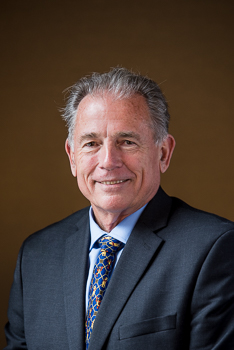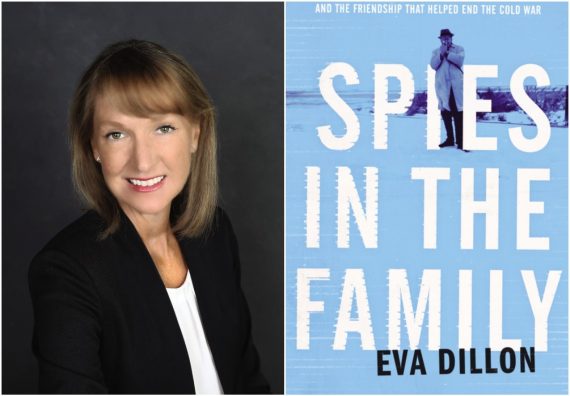(7-12-17) Sometimes I believe we underestimate the power of one person to change another person’s life. Gabe Howard was once depressed, untreated, and suicidal. He was spared that awful fate because of one person intervening in his life. One person made a difference!
Today, he tells his story in his writings, podcasts, and speeches. “Society often sees people living with mental illness at their worst,” Gabe says. “I want to balance that out by living openly with mental illness.”
I am swamped completing my new novel this week, so I asked Gabe to write a guest blog for me. He chose the topic of the importance of caregivers taking care of themselves.
But first, here’s more of his personal story.







